Building Bridges Theme of TEDxPointParkUniversity Sept. 14 Wednesday, August 22, 2018
The Department of Community Engagement will host TEDxPointParkUniversity Sept.14 in Lawrence Hall's George Rowland White Performance Center from 9 a.m. to noon.
Building Bridges — the theme of this independently organized TED event — brings together six innovators who will tell their own unique stories of bridge building.
Whether the story is one of emotionally bridging a lifetime of stigmas to change the community, or a local architect who designed the Brooklyn Bridge — the talks will touch on the physical, emotional and technical bridges that form our city and the world.
Cost of the event is $10 per person. Tickets go on sale on Aug. 27. The event will be live streamed free for the Point Park University community in Lawrence Hall 200. For more information or to register, visit tedxpointparkuniversity.com.
Featured Speakers
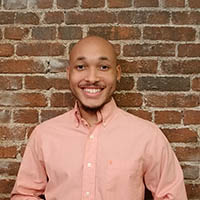 Kristopher Chandler
Kristopher Chandler
B.A. in Writing for the Screen and Media, graduating in 2019
Discovering Beauty in the Unknown: Transitioning from College to the Real World and Beyond
Every stage of life comes with its own challenges. From the time we are born we are confronted by challenges that test our limits, forcing us to re-examine what we want out of life. For young adults specifically, the pressure to overcome these challenges tends to amplify, leading to anxiety, depression and isolation within the unknown. In this talk, Chandler illustrates this voyage and explores how the arts can be used to navigate the unknown.
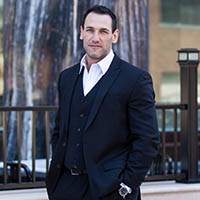 Joseph Gonzales
Joseph Gonzales
Human Bridges: How People Can Span the Culvert of Stereotype Through Foundational Building
At 22 years old, Joseph entered prison and faced two paths: walk the same road that ultimately led to his confinement or forge a commitment to change. Sharing from personal experience, his reflective talk will offer a glimpse into the path he made to shatter the stereotypical mold society has on offenders, and equip others to build a greater community and ignite passion within themselves.
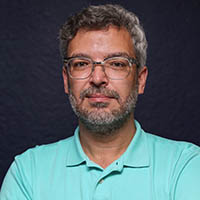 Mark Houser
Mark Houser
Pittsburgh's Greatest Bridge Builder
John Roebling came to Pittsburgh to be a farmer, but that plan failed. So he turned his farm into a factory and became a bridge builder. Roebling spanned the Allegheny and Monongahela, then went on to bigger rivers — until disaster struck at his biggest job of all. The story of how this immigrant and his family overcame great obstacles to design the Brooklyn Bridge is both inspiring and cautionary, with lessons about the limits of technology and the trouble with making assumptions. It also shows why Pittsburgh is rightly known as the city of bridges.
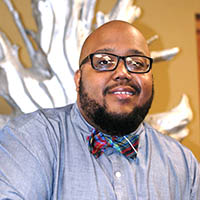 Lorenzo P. Lewis
Lorenzo P. Lewis
Building a Better Mental Health Culture for Men of Color
Inspired by the steadily increasing cases of suicide and substance abuse in the community and institutional settings, Lewis shares his story of vulnerability and resiliency to model in this high-energy talk that focuses on building and creating a better culture of mental health, exposing the societal pressures that haunt black males, exploring how black men commonly respond to the stigmas of seeking professional help and more.
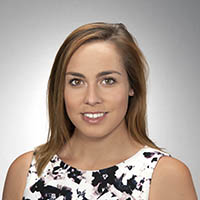 Nicole Martin
Nicole Martin
M.A. in Media Communication, 2015
Bridging the Gap Between Personalized Marketing and the Privacy Paradox
This talk provides an eye-opening view of how data collection happens and what that means for our privacy online. To bridge the gap between a personalized experience while not invading privacy, it is important to understand how marketers are improving this experience while making consumers more aware of how their data is used. Marketers and consumers alike can open the door to both sides of the matter as they begin to understand and build this personalized experience together.
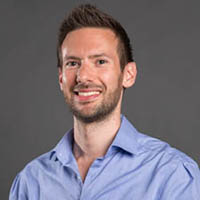 Brendan Mullan, Ph.D.
Brendan Mullan, Ph.D.
Assistant Professor of Physics
Our Future: Bridging Cradle to Cosmos
Every day we are building a bridge to humanity’s future. Clues to where this bridge is heading can be found in our history, our habits and the laws of physics. But unlike most bridges, we can always change where this one leads. Planning for the future we want will require careful long-term vision and patience. What is the future we want for our civilization? Where do we want our bridge to go? And what can sustainability, astrobiology and the search for extraterrestrial intelligence tell us about how we can build a bridge to our best possible future?
More About: conference, faculty presentation, alumni, community engagement, student presentations

